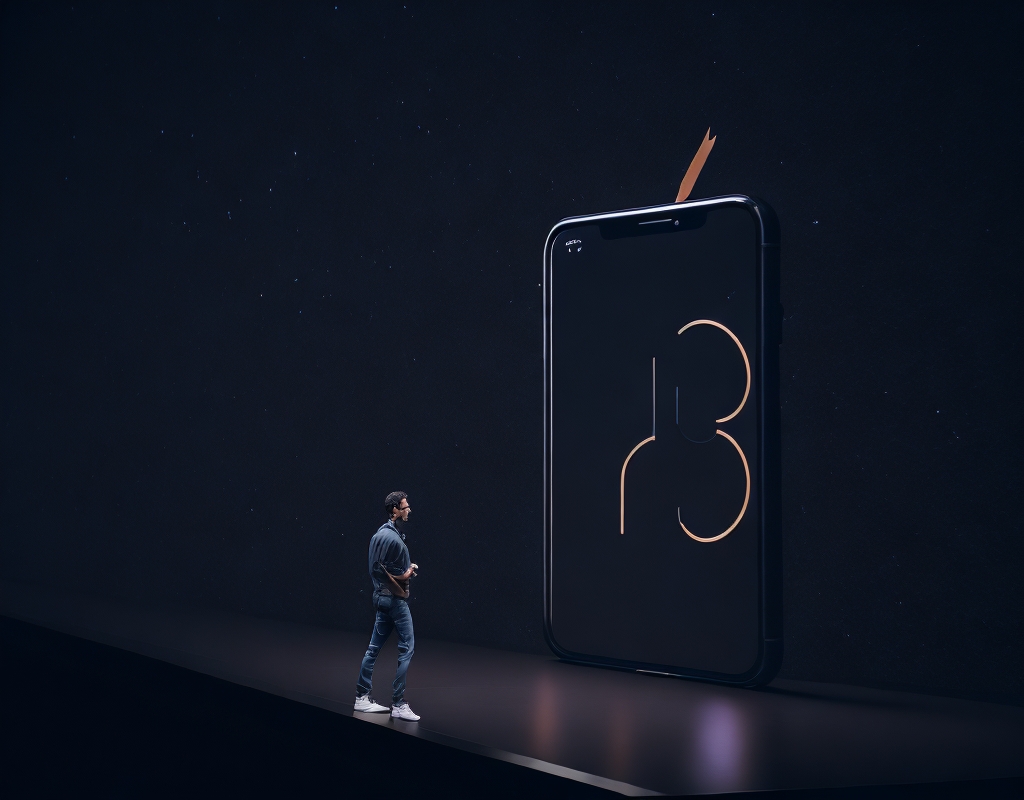
“Apple Unveils iOS 18 with Enhanced Customization Features”

At the annual Worldwide Developers Conference, Apple revealed its latest iteration of its mobile operating system, iOS 18, emphasizing a new era of personalization for users. The freshly introduced update provides enhanced customization features, enabling users to tailor their devices more distinctively than before.
A standout advancement in iOS 18 is the newfound flexibility to select default apps for essential functions like email and web browsing, breaking away from the previous restriction to Apple’s built-in options. This anticipated change addresses the desires of users seeking greater autonomy over their device configurations.
Moreover, iOS 18 debuts an expanded range of widget capabilities, allowing for widgets to be placed directly on the home screen. This inclusion facilitates immediate access to information and functions, aligning iOS more closely with features long available on other platforms, and increasing its appeal among Apple enthusiasts.
The update also permits modifications to the app icons’ appearance, including shape and size adjustments, enabling a customized and potentially more accessible user interface. The enhancements extend beyond aesthetics and customization, with iOS 18 introducing significant privacy enhancements like improved app tracking transparency and simplified location data deletion.
Further improvements are seen in native apps, with upgrades to the camera functionality and new additions to the health app, which aim to enrich user experience. Apple’s deliberate move to boost customization with iOS 18 reflects its responsiveness to consumer feedback and its commitment to adaptability and user satisfaction.
Set for a public release later in the year, iOS 18 is poised to become a highly anticipated update among Apple users, with a beta version already available for developers eager to explore its new features. This step by Apple marks a significant shift towards more personalized and user-centric device use.